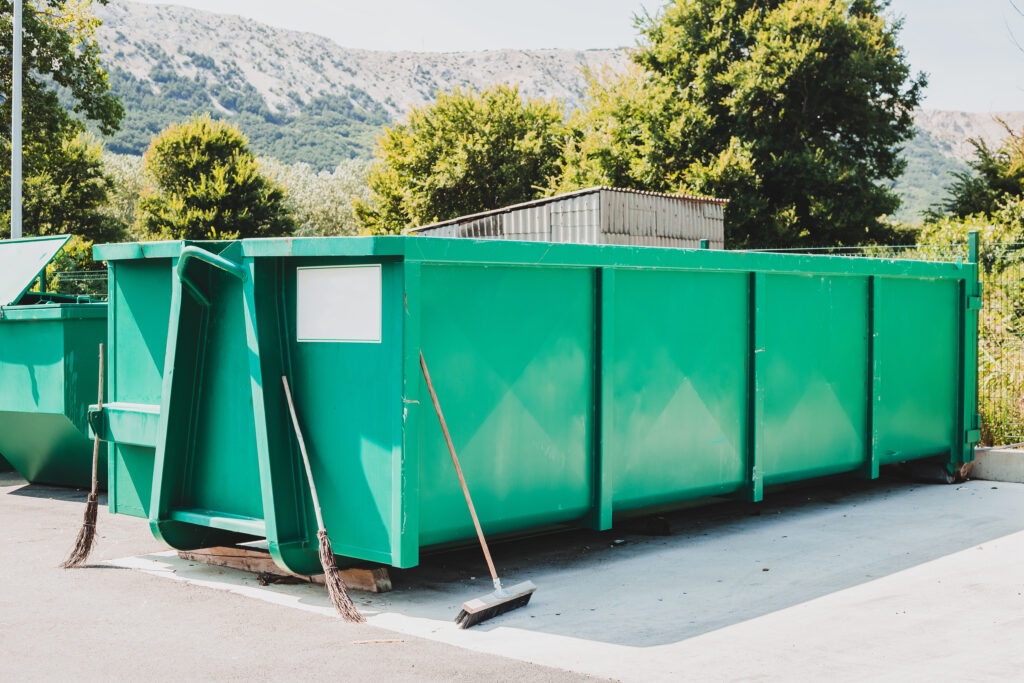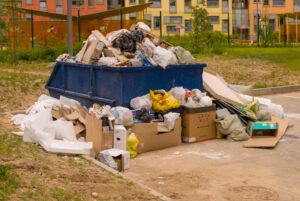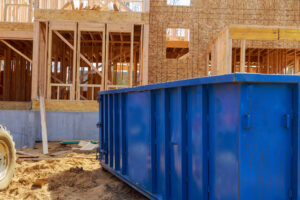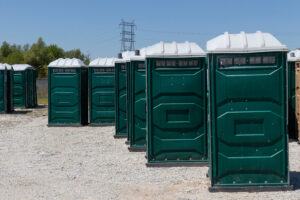I never intended to become an expert on waste management.
Yet last April, staring at the mountain of debris that was once my finished basement—courtesy of a burst pipe and Pennsylvania’s infamous freeze-thaw cycles—I found myself researching dumpster rentals with unexpected intensity.
The six kitchen trash bags lined up in my garage suddenly seemed laughably inadequate, and my regular Tuesday pickup wasn’t going to cut it.
When Pennsylvania Weather Forces Your Hand
Pennsylvania’s climate doesn’t do anything halfway.

Are you looking for a dumpster for spring cleaning?
Summer storms flood basements. Winter freezes burst pipes. Fall winds topple dead trees onto sheds. And sometimes, Mother Nature’s mood swings create cleanup situations that go far beyond what municipal waste services were designed to handle.
The Hidden Costs of DIY Disposal
My first instinct was to handle everything myself—load up my SUV for multiple trips to the local transfer station. After calculating the gas, time, disposal fees, and potential chiropractor visits from lifting waterlogged drywall, the economics became clear. Some waste situations demand specialized solutions, especially in Pennsylvania where disposal regulations add layers of complexity.
The transfer station attendant’s raised eyebrow when I arrived with my first load said everything: “You really should just rent a dumpster.” He was right.
Recognizing Your Tipping Point
Most Pennsylvania homeowners have a moment of realization when a project crosses from standard cleanup to something more substantial. Recognizing this tipping point saves time, money, and quite often, your back.
When Renovation Reality Hits
Kitchen renovations create a special kind of chaos. I learned this watching my neighbor tackle his 1970s kitchen update last summer. He started optimistically with a few contractor bags. By day three, his driveway housed a growing monument of demolished cabinets, countertop fragments, and packaging materials from new appliances.
Pennsylvania’s older housing stock complicates renovations. Homes built before 1978 often contain lead paint. Pre-1980s properties might hide asbestos in flooring, insulation, or popcorn ceilings. These materials require special handling under Pennsylvania environmental regulations, with documentation that many municipalities now request.
The Inherited House Dilemma
Nothing prepares you for clearing out a family home. When my friend inherited her grandmother’s 1940s Bucks County farmhouse, she inherited seven decades of accumulated possessions along with it. The Greatest Generation saved everything—jars, newspapers, twist ties—creating a archaeological dig through family history that no weekly trash pickup could accommodate.
What surprised her wasn’t just the volume but the emotional weight of decisions: what to keep, what to donate, what history to reluctantly let go. Having a dumpster bought her time and space to process these decisions without multiple deadline pressures.
Strategic Timing in Pennsylvania’s Seasons
Dumpster rental, like most things in Pennsylvania, has its seasons. Understanding these patterns helps with both availability and cost.
The Spring Rush
Every April, as if synchronized by some silent signal, Pennsylvania homeowners emerge from winter hibernation, look around their properties, and reach for the phone. Dumpster companies experience their highest demand, meaning less availability and potentially higher prices.
Early planners who book in late February or March often find better rates and more flexible scheduling before the rush begins.
The Winter Consideration
Pennsylvania winters present unique challenges for waste management. Snowfall can complicate dumpster placement and removal. Frozen materials—especially construction debris—become exponentially heavier. And working conditions for loading debris can range from uncomfortable to impossible.
For projects with flexible timing, the sweet spot falls between late August and early November—after summer vacation season but before winter weather complicates logistics.
Finding the Right Size Solution
Nothing wastes money faster than renting a dumpster that’s too large or struggles with one that’s too small. Pennsylvania properties come with their own spatial considerations.
For row homes in Philadelphia or Pittsburgh, limited street space might necessitate permits and smaller containers. Suburban properties might have driveway space but HOA restrictions. Rural properties offer more placement options but might incur additional delivery fees based on distance.
Most residential projects I’ve seen fall into predictable categories:
- Single-room renovations or garage cleanouts typically need 10-yard containers
- Whole-house decluttering projects work with 15-20 yard options
- Complete property overhauls or construction projects require 30+ yard solutions
The Environmental Reality
Pennsylvania’s environmental regulations grow stricter each year, and for good reason. Our streams, forests, and groundwater deserve protection. Professional waste management companies navigate these regulations daily, understanding what can go to landfills, what must be recycled, and what requires specialized disposal.
When your cleanup moves beyond routine, when weather or renovations or life transitions create waste that overwhelms normal channels, a properly sized dumpster doesn’t just solve a logistical problem—it ensures that your efforts to improve your home don’t come at the expense of the Pennsylvania environment we all share.




